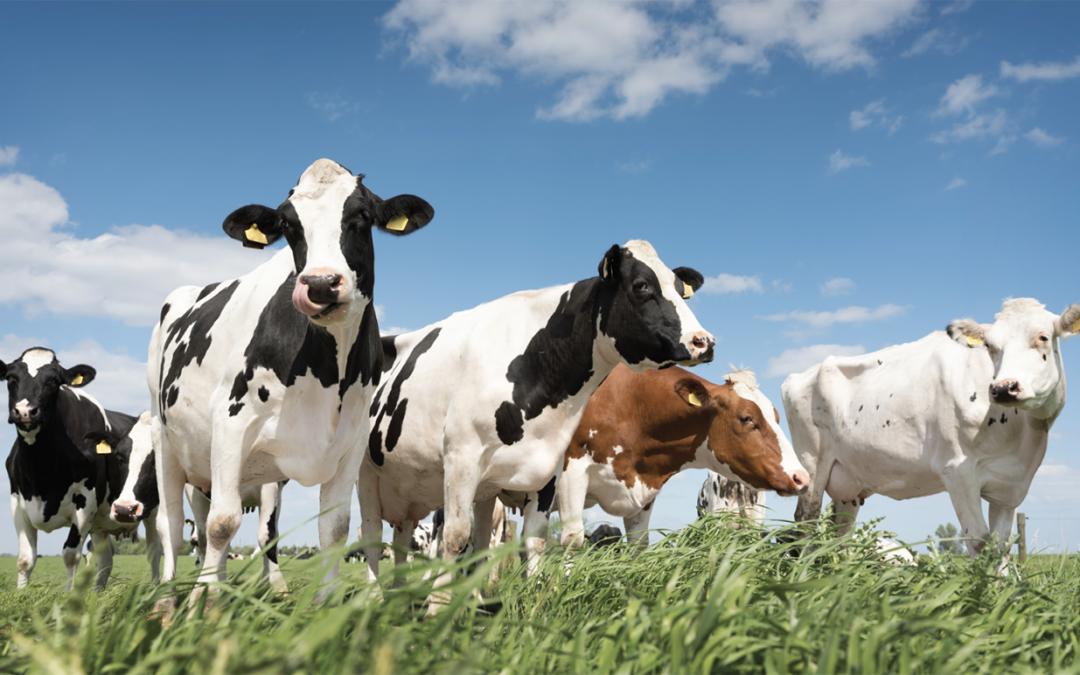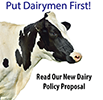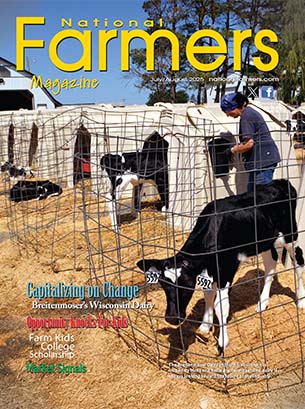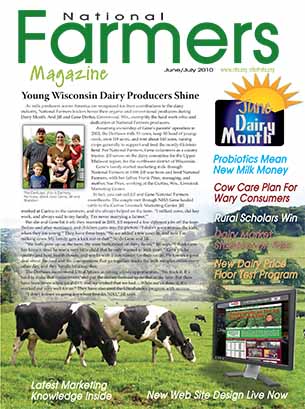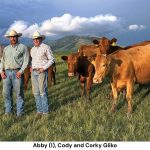One National Milk Marketing Order Needed as Coronavirus Fallout Reveals Flaws in U.S. Dairy Production System
(Ames, Iowa) March 19, 2020 — The production of milk, grains and meat is vital to national interests, and the impacts of the COVID-19 pandemic will undoubtedly be felt on farms across the United States.
National Farmers, a marketer of milk, cattle and grains on behalf of farmers across the country, says dairy producers will see major disruptions in farm-level milk prices and product flow interruptions will occur from farms to processors and retailers.
“The milk industry will face enormous disruptions in the coming weeks and months, and worse yet, we can’t anticipate exactly what they will be,” said National Farmers President Paul Olson. “But we know this; one national milk marketing order would help put the country in a better position to handle whatever comes up,” Olson said.
Currently, 11 Federal Milk Marketing Orders regulate milk marketing. But Olson says the establishment of just one national milk marketing order can facilitate faster reactions to disruptions throughout the system and allow for necessary corrective actions when those disruptions occur. He says one milk order can also can take steps to stabilize prices, address transportation disruptions and stem the loss of family-sized farms.
“We are requesting U.S. Secretary of Agriculture Sonny Perdue strongly consider establishing one federal milk marketing order,” Olson said.
As Americans face the daily psychological challenges of the novel coronavirus and cope with disappearing products on grocery store shelves, Olson points out the realities of today’s milk production system.
“More than half of the nation’s milk is produced by only 5 percent of U.S. dairy farms,” Olson said. These giant farms depend on people who make up a vulnerable labor supply to milk and otherwise care for tens of thousands of cows.
“A coronavirus outbreak among workers on several of those farms will, in all likelihood, lead to plant closures,” Olson said. Notification has already been given by one prominent plant of its intent to close indefinitely.
The group of dairy farms least likely to be disrupted is family-sized operations. Most labor on these dairies is from family members who live on the farms. Chances for rapid spread of disease among various families on their many operations is lower, because of natural social distancing geographically between farms. But these are the very farms the country is now losing at rates approaching 10 percent per year.
“We believe a more dispersed milk supply is a safer food supply,” said Olson. Much more so than allowing most dairy cows, and more labor, to be concentrated on very large farms.

